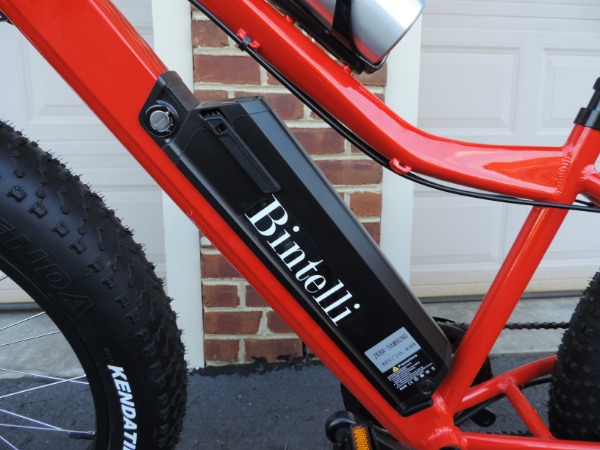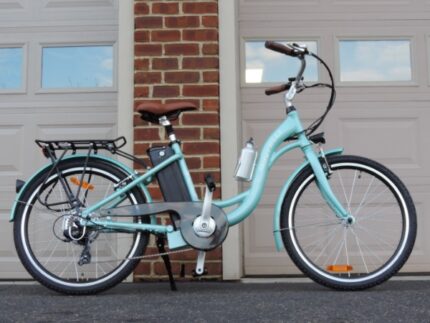This Bintelli M1 Fat Tire Electric Bicycle is the cream of the crop in the Bintelli. This fat tire electric mountain bike comes complete with the most powerful 750 Watt Motor, Rear-Mounted Brushless Hub, Integrated Controller, Cadence Sensing Pedal Assist, Samsung 48V Battery, a LCD display, Velo rubber grips and saddle, 7-speed Tourney TX Gearing, 20″ 6061 Aluminum Alloy Frame, and 26″X4.0″ Fat Tires. Additionally, all Bintelli Electric Bikes come standard with a headlight, taillight, adjustable gooseneck, rim reflectors, Shimano gearing, a water bottle, and a UL Approved Charger.
A bank transfer is a method of moving money from one bank account to another, either within the same bank or between different banks. This process can be executed online, via mobile banking, over the phone, or in person at a bank branch. Bank transfers are widely used for both personal and business transactions due to their convenience and security.
Types of Bank Transfers
There are several types of bank transfers, particularly in the UK:
- Faster Payments: This is a common method for transferring smaller amounts of money quickly, often completed within minutes or up to two hours.
- BACS (Bankers' Automated Clearing Services): Typically used for direct debits and payroll, BACS transfers can take up to three working days to process.
- CHAPS (Clearing House Automated Payment System): This method is used for high-value transactions, usually over £10,000, and is processed on the same day.
- International Transfers: These often use SWIFT or IBAN systems for sending money across borders
How Bank Transfers Work
To initiate a bank transfer, the sender must provide specific details about the recipient's account, including:
- The recipient's name
- Sort code (for UK accounts)
- Account number
- For international transfers, additional information such as the IBAN and SWIFT/BIC code may be required
The sender instructs their bank to process the transfer, which then communicates with the recipient's bank through a clearing house to complete the transaction. Most banks have limits on how much can be transferred in a single transaction or within a day.
Safety and Precautions
Bank transfers are generally considered safe; however, they are susceptible to human error. Mistakes in entering account details can lead to funds being sent to the wrong account. While banks perform checks on entered details, recovering funds sent incorrectly can be challenging and sometimes impossible
. To enhance security, some banks offer features like confirmation prompts when transferring money to new payees. Additionally, using services like Instant Bank Pay can minimize errors by pre-filling payment details



















